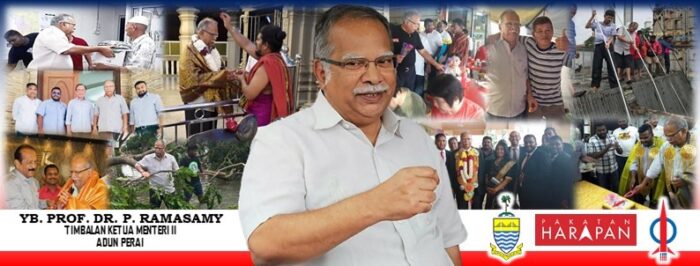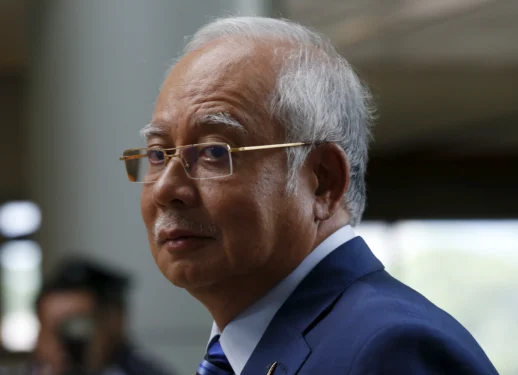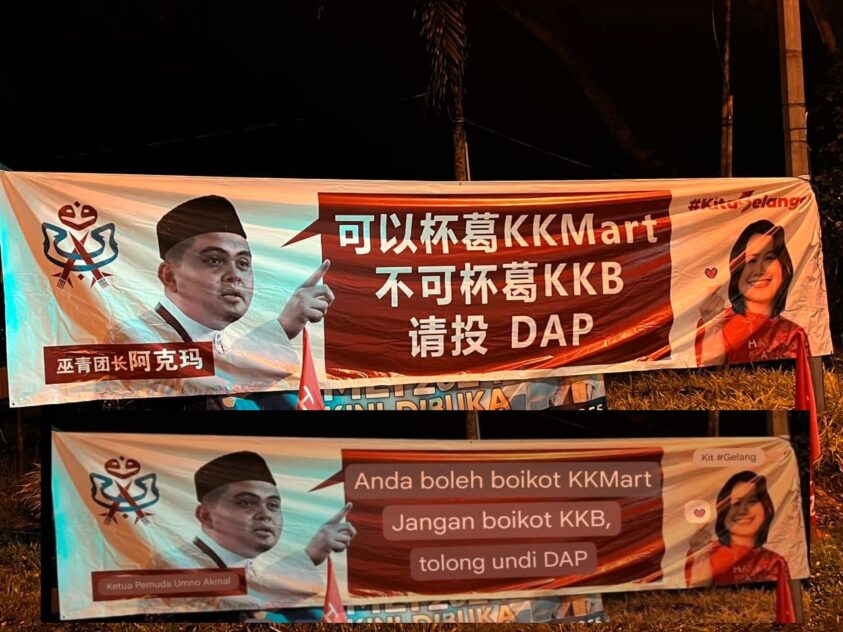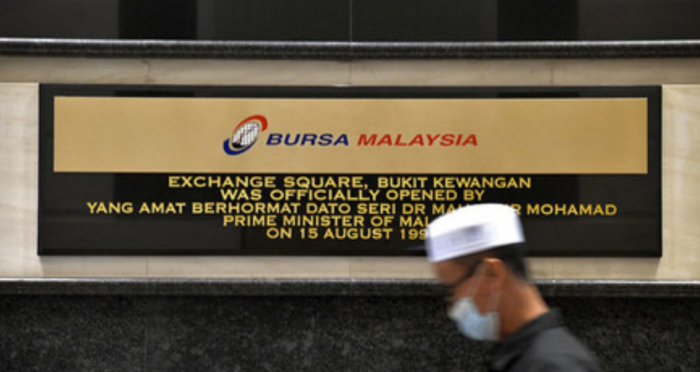IN the mid-19th century, there was a fierce debate in Europe about whether the state should be secular or not. In Germany at that time, the state embodied the ideals of Christianity.
However, because it was a Christian state, the Jews were exploited in the name of religion. It was argued by the non-Christians that if the state ceases to be Christian state – a secular state in other words – the problem experienced by the non-Christians would disappear.
However, it was pointed out that the problem was not whether the state was secular or not but the class basis of the state itself.
Back home, Prime Minister Datuk Seri Anwar Ibrahim took a constitutional and legal perspective on why the government was not secular in nature.
If the Federal Constitution recognises the role of Islam as the official religion and steps are taken to give practical effect to this official recognition, then Malaysian state ceases to be secular.
However, the Federal Constitution is not blind to the existence of other religions as there is provision for the worship of these religions other than Islam.
Politicisation of Islam and Malay identity
The problem in Malaysia as well in some other countries is not so much a definitional problem, constitutional definition and others but how religion as an identity has become a powerful political force.
In the case of Malaysia, the twin pillars of Islam and Malay identity is the central binding force that galvanises politics, not exclusively the domain of opposition.
In fact, the ruling parties in the past and the present have sought to incorporate features of Islam and Malay identity as the political rallying points.

It is just that the government in power might not be possible to keep pace with the extreme politics of the opposition – something that is happening under the present political circumstances.
The unity government of Anwar takes an Islamic character but whether it is sufficient to wean away support from the Perikatan Nasional (PN) coalition remains to be seen.
In Malaysia, it is not so much whether the government or the state is secular or not. It is not secular but the worrisome part is the politicisation of Islam and Malay identity to the extent it poses problems for the non-Malays.
This is something that any government in power whether unity or not must take cognisance.
Political competition between the government in power and the opposition in the realm of religion and ethnic identity is the primary cause of uneasiness and discontent among the non-Malays.
It is argued just like in the German case in the 19th century, a secular state is no guarantee to protect and safeguard the cultural interests of minority communities.
Indian experience
India might be secular state in the separation of religion and state but this fact alone doesn’t prevent the politicisation of Hinduism, the religion of the majority to the extent of being perceived as a threat to other religions of the minorities.
In India, the proactive stand taken by organisations aligned to the ruling Bharatiya Janata Party (BJP) in promoting the Hindutva version of Hinduism has caused uneasiness among the non-Hindu minorities.
Even if the state is secular, there is no guarantee that the majority might not have the political tendency to oppress the minorities.
A secular state by definition is no guarantee the minorities might be protected from the whims and fancies of the majoritarian sections.
This is especially so in countries where competitive politics revolves around questions of identity such as race, religion, cultural dominance and others.
In Malaysia, it is not such more about the definitional character of the state or government but the continuous political mobilisation in the name of identity politics, politics of religion and race. – July 14, 2023
Prof Ramasamy Palanisamy is the DAP state assemblyman for Perai. He is also Deputy Chief Minister II of Penang.
The views expressed are solely of the author and do not necessarily reflect those of Focus Malaysia.










